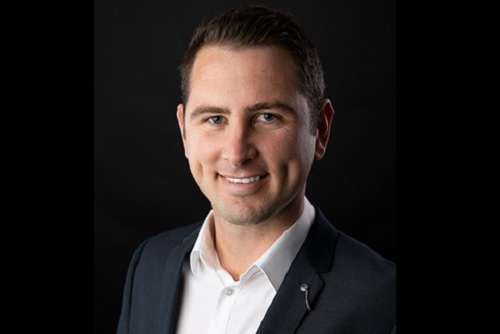

An award-winning insurance investigator has offered insight into what it’s like working on the front line, saying that much of the industry is still dogged by outdated, and sometimes unethical, practices.
“I work in an industry that is filled with analogue investigators, in a digital age,” says John Borland (pictured), managing director and senior investigator at ISACORP.
A former police detective, Borland now partners with insurance companies to aid in the claims and recovery process – last year, he was even voted International Insurance Investigator of the Year by the International Association of Auto Theft Investigators.
The win came after Borland helped QBE recover almost NZ$300,000 in stolen luxury motor vehicles.
“Through the use of investigative interviewing, forensic analysis, witness cultivation and cross-operations with staff of the insured and police, I was able to orchestrate a high-end investigation which recovered all of the insured’s vehicles and identified third parties who were responsible for the burglary,” he says. “This was all achieved within one month of instruction.”
When asked about his success, Borland points to his modern tactics and unique career history.
“I am a firm believer that what sets me apart from the industry is that I am a second-generation career investigator with an intuition for fact finding which is coupled with a millennial approach,” he says. “At 29, I am very much one of the younger PIs in the industry, which allows me to have a greater understanding of investigative strategies, methodologies and court approved practices that are required for ethical and efficient investigations in 2019.”
While Borland is committed to ethical and efficient investigations, he suggests this hasn’t always been the case – but things are gradually changing within the industry.
“Gone are the ‘old-school’ days of ‘intimidation, inducements or unethical practices’ to get admissions or encourage claim withdrawal,” he tells Insurance Business. “I am a strong advocate for ethical practices and ensure my company completes all interviews and inquiries to a degree that they can be justified and will withstand scrutiny in the highest court for the most sensitive matter.”
Looking ahead, his goal is to encourage more consistent ethical practices across the industry and reinvent the stereotype of the typical private investigator.
“Hopefully, I can change the stigma from seeing all private investigators as trench-coat, cutting holes in newspapers investigators, to seeing them as respectful, empathic and dogged investigators who let the facts do the work,” says Borland. “I am not alone; I know there are many investigators out there who wish for this to occur as well and are employing very ethical practices.”
